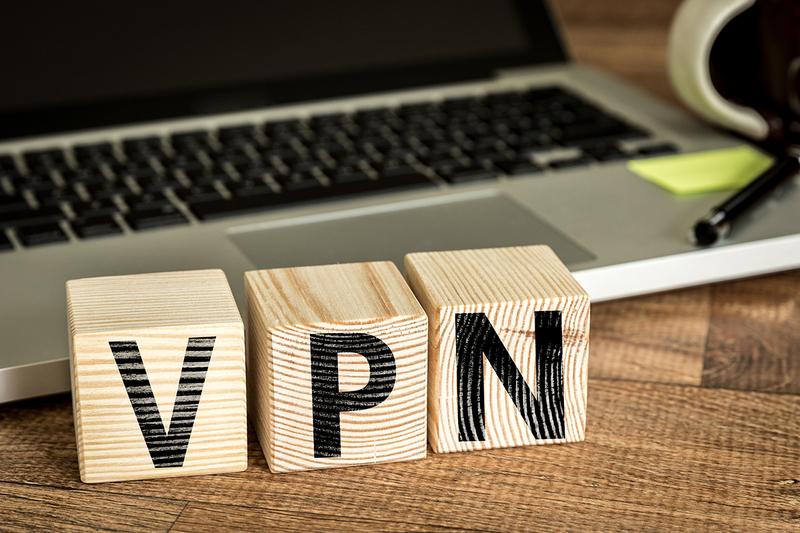Who is Tracking You Online and What You Can Do About it
Whenever you are online, you are being watched. This isn’t the paranoia of a conspiracy theorist or some 1984 style government action, it’s reality.
Internet tracking is one of the fastest growing businesses online and is used by companies to sell your vital information to a variety of information buyers most commonly advertisers.
Almost every popular site online features some sort of tracking software from online newspapers like the New York Times to the world’s largest retailer, Amazon.com chances are every website you visit is watching you and your activity.
In a recent study by The Wall Street journal, Julia Angwin led an investigation that discovered more than 100 different companies that track your data and then broker it to advertisers and media channels, hoping to learn more about you, your life and your buying habits.
But these sorts of ad brokers and advertisers are only a small part of online tracking. By far the largest trackers and aggregators of data about everything from your search queries to your dating life are two of the most trafficked websites in the world; Google and Facebook.
Google is by far the biggest online tracker of information.
Not only does Google keep a dossier on your search habits which enables them to gather information on every aspect of your life from how your career is going to your parenting style and everything in between, it can figure out your name, address and even phone number by tracing your IP address and cross referencing it. Google uses special identifier cookies to make you easier to track online and stores every single character you enter into the Google space bar EVEN if you never actually search for the term.
Scary huh?
Google isn’t done yet, if you use Gmail as millions of users do every day, Google scans your emails for content as well as the email addresses of the senders. Furthermore deleting emails of a sensitive nature doesn’t work on Gmail as Google NEVER deletes their own copies of any emails meaning that anything you’ve ever sent to someone with a Gmail address, received on your own gmail address or even drafted but haven’t sent is stored in a Google database somewhere.
This doesn’t even take into account how Google tracks you using Google+, Google maps, Google Street View, or the 22.5 million dollar fine Google received in 2012 for illegally tracking Iphone and Ipad users on the search engine Safari.
To learn more about how Google tracks you check out this article From USA Today.
In addition to Google, Facebook which is used by everyone from 8 year olds to Grandmothers is another massive information tracker, in fact a recent diagnostic test of the tool Abine DNT+ revealed over 200 separate trackers being used by Facebook to monitor internet activity.
200!
Abine defined these trackers as 'a request that a webpage tries to make your browser perform that will share information intended to record, profile, or share your online activity.'
These requests can cover anything from your location, to your buying preferences such as whether you’re in the market for a new car or computer to even being able to tell when You're Pregnant.
The legality of this tracking is a constant source of debate because of the newness of the internet and the laws pertaining to it, but for now all of this tracking is 100% legal.
Hopefully I’ve shown you that whatever activity you’re engaged in online, you are being watched and you need to take precautions to protect yourself and your information.
Most of this tracking is harmless and simply intended to sell you more products.
However if you believe in privacy and want to make sure yours is not being compromised there are two very effective solutions.
• Use a VPN. A Virtual Private Network protects you by encrypting and obscuring your IP address, making you virtually anonymous. This means that even if Google/Facebook or any other trackers have compiled a dossier on you, they cannot connect it to your identity.
• Use a protected email address. The easiest way to do this is to run your email through your own private website. That way your email is being monitored by you alone. This means that what you delete stays deleted and you are not having your emails scanned by corporate drones.
There’s almost no way to avoid all internet tracking especially if you plan to continue to use Facebook and Google, but if you take these two precautionary measures you will be able to cut down on the amount you are tracked and the connection between what trackers know and who you are.



